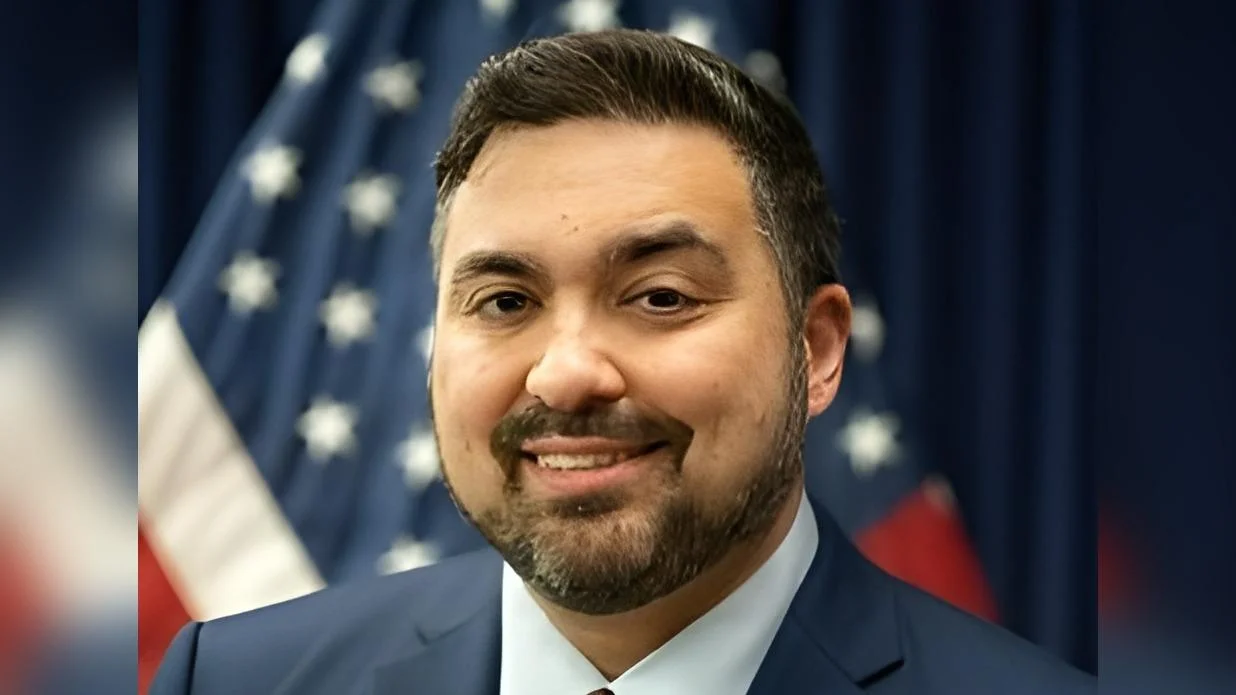A Donna, Texas man has been sentenced to nine years in federal prison after being convicted of receiving child pornography. Miguel Angel Del Valle, 23, pleaded guilty earlier this year and was sentenced by Chief U.S. District Judge Randy Crane to a 108-month term of imprisonment.
During sentencing, Judge Crane described the offense as one of the most serious federal crimes and told Del Valle that downloading such material contributes to its production and the victimization of children. After serving his prison sentence, Del Valle will be on supervised release for five years with restrictions on his access to children and the internet. He is also required to register as a sex offender.
The case began in July 2022 when authorities discovered that Del Valle had uploaded child sexual abuse material (CSAM) from his Google account. The materials included images and videos depicting minors between eight and twelve years old engaged in sexual activity with adults or other minors. Investigators found that over an 18-month period starting during the COVID pandemic, Del Valle downloaded and distributed hundreds of files using Google, WhatsApp, and Telegram.
A forensic analysis revealed 124 videos and 31 images of CSAM on his devices, including one video showing an adult male abusing a toddler.
“There is no place in our community for people like Mr. Del Valle,” said U.S. Attorney Nicholas J. Ganjei. “This conviction and sentence is the latest example of how the Southern District of Texas will do whatever it takes to protect children and hold offenders accountable.”
Del Valle remains in custody pending transfer to a Federal Bureau of Prisons facility.
The investigation was conducted by the U.S. Secret Service. Assistant U.S. Attorney M. Alexis Garcia prosecuted the case under Project Safe Childhood (PSC), a nationwide initiative launched by the Department of Justice in May 2006 aimed at combating child sexual exploitation by coordinating resources across agencies to prosecute offenders and rescue victims.
For more information about Project Safe Childhood or internet safety education resources, visit DOJ’s PSC page.




